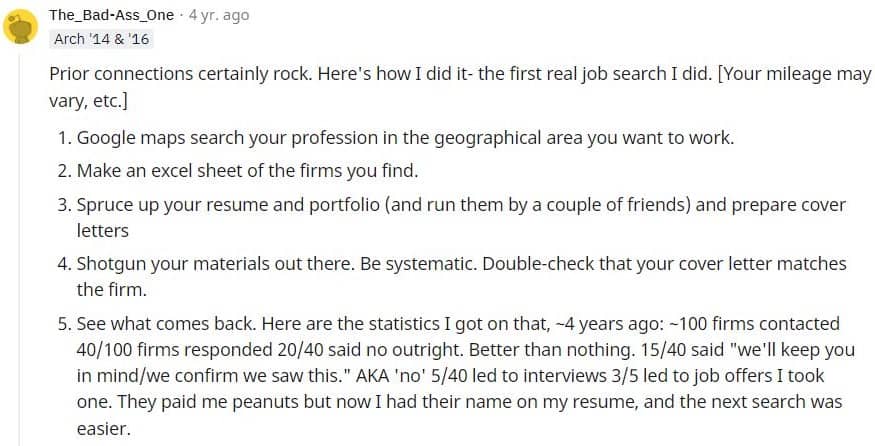Extremely convenient and affordable self-paced courses!
Extremely convenient and affordable self-paced courses!
When you are done studying accountancy, or possibly even during your studies, you may be interested in looking into an internship position. This is because it can either be used towards your experience requirements for your CPA licensure (at least in states that recognize part-time work), for what you could learn through working, or in the hopes of getting an offer for a full-time position once the internship is complete. Trying out internships at different types of firms can also help you to figure out what type of accounting you might want to work in later on.
Public accountancy involves representing businesses for IRS audits, auditing and approving financial documents of businesses, compiling financial statements and preparing and authorizing tax returns, among other tasks. They can only be carried out by Certified Public Accountants (CPAs) who have passed the Uniform CPA exam and received licensure from an issuing state board of accountancy. During an auditing internship, students will gain hands-on experience reviewing and identifying accounting and audit issues, researching accounting and audit issues, performing analytical audit procedures, and testing internal controls. Likewise, tax internships also teach a student how to apply critical thinking skills in preforming tax research and completing complex returns. Both experiences give students an idea of what these fields are like in the real world instead of just learning the theories in the classroom.
Private accountants usually work for a specific company as part of their internal workforce and are also known as ‘industrial accountants’. Unless they have a CPA license, private accountants cannot practice public accountancy. This means that they cannot represent their employer for taxation before the IRS. What they can do is review their company’s internal financial documents and statements to make sure that everything balances. They can then prepare all of the documentation for review and approval by the accountants of a public firm when the tax forms need to be filed. Some examples of private accounting include forensic accounting and taxation. Although they cannot represent their clients for taxation to the IRS or approve their statements, they can still do most of the preliminary work in preparation for the tax returns. Although not as impressive as a public accountancy, it will boost your resume the next time you apply for an internship or fulltime position. Even a position as a bookkeeper, bank teller or accounting clerk could help in this way.
| Public Accounting | Private Accounting |
| Generally long hours and over time | Usually more balanced hours |
| Usually counts towards CPA experience | Whether it will or won’ be accepted as work experience is state-dependent |
| Multiple clients | One client |
| Usually involves tax or audit | Usually involves audit, research, data entry and/or record keeping |
| Wider variety of experience | More consistent work |
| Usually more stressful than private accounting | Usually less stressful than public accounting |
| Greater chance for upward mobility if the position becomes full time | Greater chance of a slow rise if it turns into a full time position |
Firstly, you need to be aware that an internship of any kind generally means low-paid grunt work and hours as long as they can get away with putting on you, since internships are usually offered around busy season. Therefore, it is always a goo idea to try asking around beforehand to get an idea of what you are sign up for beforehand. This includes Facebook or LinkedIn stalking other interns or staff members to ask them questions, or even just asking your professors or assistant lecturers what they know about the company. You can also ask the HR representative to specify exactly what your job entails and exactly what the hours are, but that is not a guarantee for valid information. If people are cagey about giving you a straight answer, chances are it is an answer that you won’t like. You don’t just want to ask questions about the work, but about the atmosphere. Ask the employees how they would describe the camaraderie, work environment in general and so on. Different firms have different structures and cultures, so it is a good idea to look into that as well.
Secondly, most people will tell you that an internship at a public accounting firm is the best way to get a lot of experience. So, even though the hours might be long and the deadlines stressful, it might be worthwhile to tough it out for a year or two anyway. Of course, this advice only holds when you have multiple options. Otherwise, you might as well take what is offered to get whatever experience you an. After all, it would look good on your resume, either way.
Finally, research market value for internship and starting positions. These change every year or so, so it’s worth keeping up with labor value to ensure you’re being paid what you’re worth. Otherwise, you might want to consider looking for a new position elsewhere in a year or two anyway.
